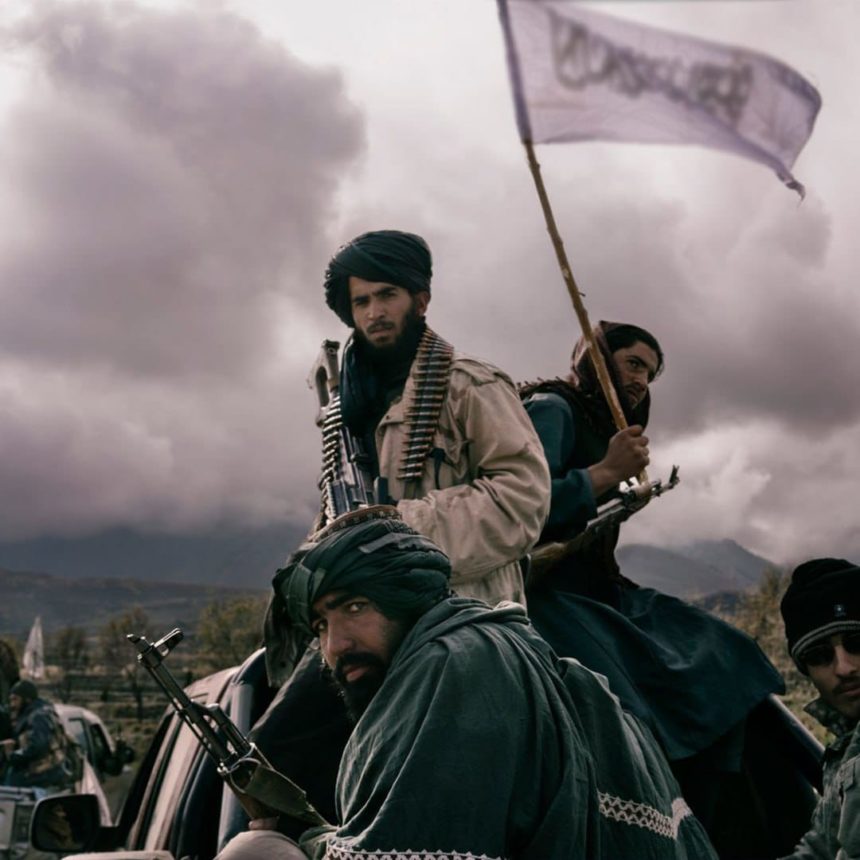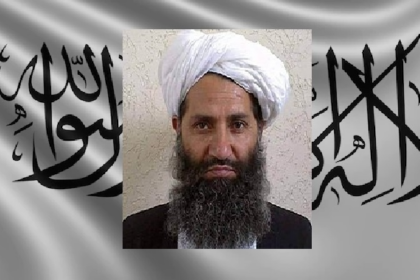RASC News Agency: Certain residents of Afghanistan’s western provinces assert that the Taliban has conferred control of all government institutions upon the Pashtuns, insinuating that other ethnic groups will be devoid of rights and privileges in Afghanistan. Sulaiman Sultani, a denizen of Herat province, conveyed to a RASC news agency correspondent on Tuesday, December 19th, that throughout recent years, the Taliban has designated all government institutions as belonging to the Pashtun ethnic group, excluding other ethnicities from Afghanistan, leaving them without a place among their own people.
He appended that this trajectory denotes the destruction wrought by the Taliban, and people vigorously lament the existence of this situation. Likewise, Qayoom, a resident of Farah province, informed RASC that those who lack fluency in Pashto face sluggish progress when addressing their concerns to relevant Taliban-controlled offices. Qayoom added that in most security and non-security offices, Taliban members occupy positions behind leadership desks, and other ethnic groups lack a designated space.
He expressed that certain non-Pashtun residents of Farah strive ceaselessly to avoid complications in Taliban-controlled offices, leading lives with patience, distanced from the tumultuous affairs of the time. Meanwhile, Ghulam Yahya Habibi, residing in Badghis province, informed RASC that Pashtun communities dominate most areas of the province and control all affairs. He stated that in addition to Pashtun people holding numerous government leadership positions in Badghis, even the vehicles collecting garbage belong to the Pashtun ethnic group and Taliban special forces.
In this context, Nader Mohammad Karimi, a resident of Ghor province, informed RASC’s reporter, “Most Pashtuns are Taliban members, having historically engaged in armed struggles in mountains and deserts against the forces of the republic. With the Taliban’s ascent to prominent government positions, they have assumed significant roles.” Karimi added, “The perception that all government institutions in Afghanistan are in Pashtun hands is seen as a response to their two decades of presence in the mountains, an attempt to compensate for these twenty years in this manner.”
It is noteworthy that Taliban authorities have not issued any comments on this matter. These statements from residents of Afghanistan’s western provinces emerge at a time when, with the Taliban’s dominance in Afghanistan, 99% of prominent and lower positions in government institutions are under the control of the Pashtun ethnic group and the ruling Taliban, eliciting reactions from numerous non-Pashtun ethnic groups and segments of the population.






